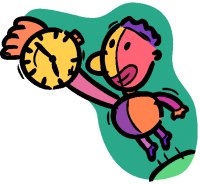Individuals with ADHD may face higher medical expenses over a year or lifetime compared to those without the condition.
Individuals with ADHD may face higher medical expenses over a year or lifetime compared to those without the condition. Below are the details of the medical costs associated with ADHD:Individuals with Attention Deficit Hyperactivity Disorder (ADHD) can experience higher medical costs compared to those without the condition, both in a one-year period and over a lifetime. Here are some details on the medical costs associated with ADHD:










